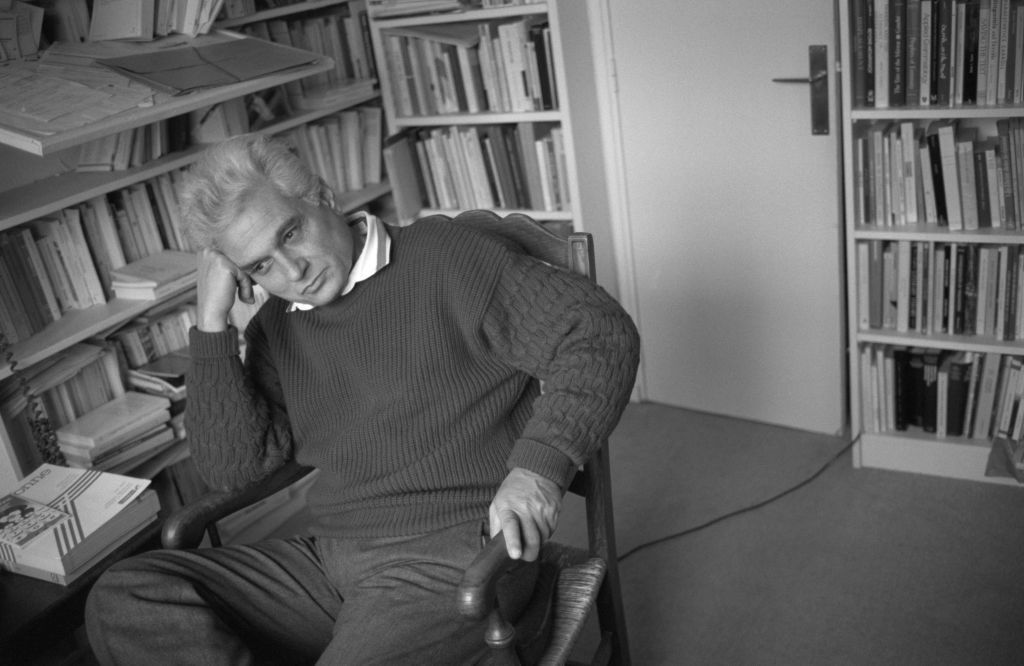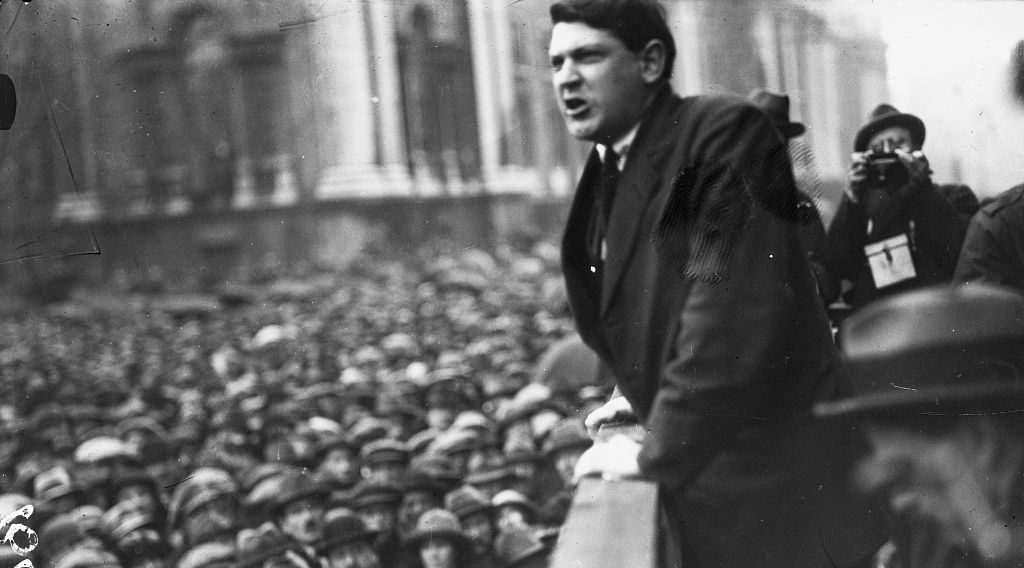You are perfectly free and entitled to run full speed and headfirst into a brick wall. It is not illegal. But the vast majority of us don’t do it based on a quick cost-benefit analysis.
The recent spate of Koran burnings in Sweden appears akin to running into a brick wall. Nothing of value can be achieved by it. It is more likely that harmful repercussions will follow. That said, lawmakers should not ban it. That would go against core freedom of expression principles and safeguards that came from the Enlightenment and are enshrined in European liberal democracies.
Sweden’s courts have recognised this. Swedish police previously rejected several applications for demonstrations planning to burning the Koran, citing security concerns.
The country’s courts recently overruled the police, saying such bans infringed freedom of speech. Sweden’s Freedom of the Press Act of 1766 is regarded as the world’s first law supporting the freedom of the press and freedom of information.
“In Sweden existing limitations on free speech protect individuals from slander and ethnic groups from incitement,” Sweden Democrats MEP Charlie Weimers tells the Brussels Signal. “There are no limits on speech that protect ideologies or religions from criticism nor are there protections from having ones feeling or emotions hurt.”
He adds that burning the koran “is protected free speech” and that the courts came to an “obvious conclusion”.
An Iraqi refugee in Sweden invoked that right on June 28, the start of the Islamic Eid al-Adha holiday, when in front of Stockholm’s main mosque he burned a copy of the Koran. Before setting light to Islam’s holiest text, he wiped his shoes with torn-out pages and put a slice of bacon on the book, adding further insult due to Islamic sensitivities and rules around showing the soles of your feet and not eating pork.
He told news channel TV4 Nyheterna that the Koran “poses a danger to democratic law and Swedish and human values”. He is not the only individual holding this view in Sweden: applications for Koran burnings continue being lodged with the police, and not just in Stockholm.
Sweden has taken in one of the highest amounts of refugees per capita in the world, many of whom are Muslims from war-torn countries. This has coincided with Sweden going from one of the lowest rates of gun violence in Europe to having one of the highest in the past decade.
In 2017, an Islamic terrorist claimed five lives and injured 14 people after a stolen truck was deliberately steered into a crowded shopping street in Stockholm. In addition to a new violent subculture in Sweden that many blame on the influx of migrants and refugees, the country has seen a surge in sex crimes involving migrants.
Despite all the above, and the legitimacy of being concerned about the impact on your society from migration and the relationship between an influx of Muslims and the threat of Islamic terrorism, I would suggest that burning the Koran is an idiotic and deplorable form of response.
The US offers lessons for Europe on the Koran finding itself at the centre of a freedom of expression clash with security concerns and freedom of religion. Freedom of expression is famously enshrined in the US’s First Amendment, adopted in 1791, which protects fundamental rights such as freedom of speech, press, assembly and the right to petition the government for redress of grievances.
In 1989, a deeply divided Supreme Court upheld the rights of protesters to burn the US flag in a landmark First Amendment decision. In Texas v. Johnson, the Court voted 5-4 in favour of a flag-burning protester.
“Johnson’s actions, the majority argued, were symbolic speech, political in nature, and could be expressed even at the expense of our national symbol and to the affront of those who disagreed with him,” notes the US National Constitution Centre.
The US Congress didn’t see it that way and responded by passing a national anti-flag burning law called the Flag Protection Act later in 1989. But in 1990, in United States v. Eichman, the Supreme Court struck down that law as unconstitutional as well, in another close 5-4 decision.
“If there is a bedrock principle underlying the First Amendment, it is that the Government may not prohibit the expression of an idea simply because society finds the idea itself offensive or disagreeable,” wrote Justice William Brennan, citing the Johnson case.
Koran burners would likely feel validated by all this, and argue their actions are similarly “symbolic speech” and “political in nature”. But the Supreme Court Justices had something else to add:
“If it were up to me, I would put in jail every sandal-wearing, scruffy-bearded weirdo who burns the American flag,” Justice Scalia said in one of his last public appearances in 2015 explaining why he cast the deciding vote in the Johnson case. “But I am not king.”
His point: the risk of unpalatable actions — that ideally shouldn’t happen — is the price we pay for living free of authoritarian rule and absolute rulers. A society that functions without laws intervening in each and every sort of situation and scenario is clearly preferable — as we learned during lockdowns — but also hard to manage. There is a risk of descending into a free for all.
It’s been achieved in the West through centuries of hard fought for progress—the real type as opposed to today’s version of progressivism — and the accompanying civilisational development establishing societal norms and behaviours that, while not enshrined in law, are accepted and adhered to.
Western democracies have been remarkably successful at this. It’s one of the reasons why so many people around the world want to come to Europe. It doesn’t happen in their countries.
One of those societal norms and expectations is that you don’t burn the Koran, or the Bible — or any book that you take umbrage with. Among those recent applications in Sweden, there was one to burn a Torah and a Bible in front of the embassy of Israel by way of protest.
By desecrating the Koran, that protestor was also desecrating the finely tuned democratic system Sweden and the rest of Europe have evolved — the very system that he was proclaiming to protect. There are significant concerns around migration, asylum seekers and Islam that need addressing. Doing a dystopian Fahrenheit 451 is not the way to go about it.






Spain’s Left could implode as Greece’s did: That might please conservatives but loss of effective opposition doesn’t help anyone